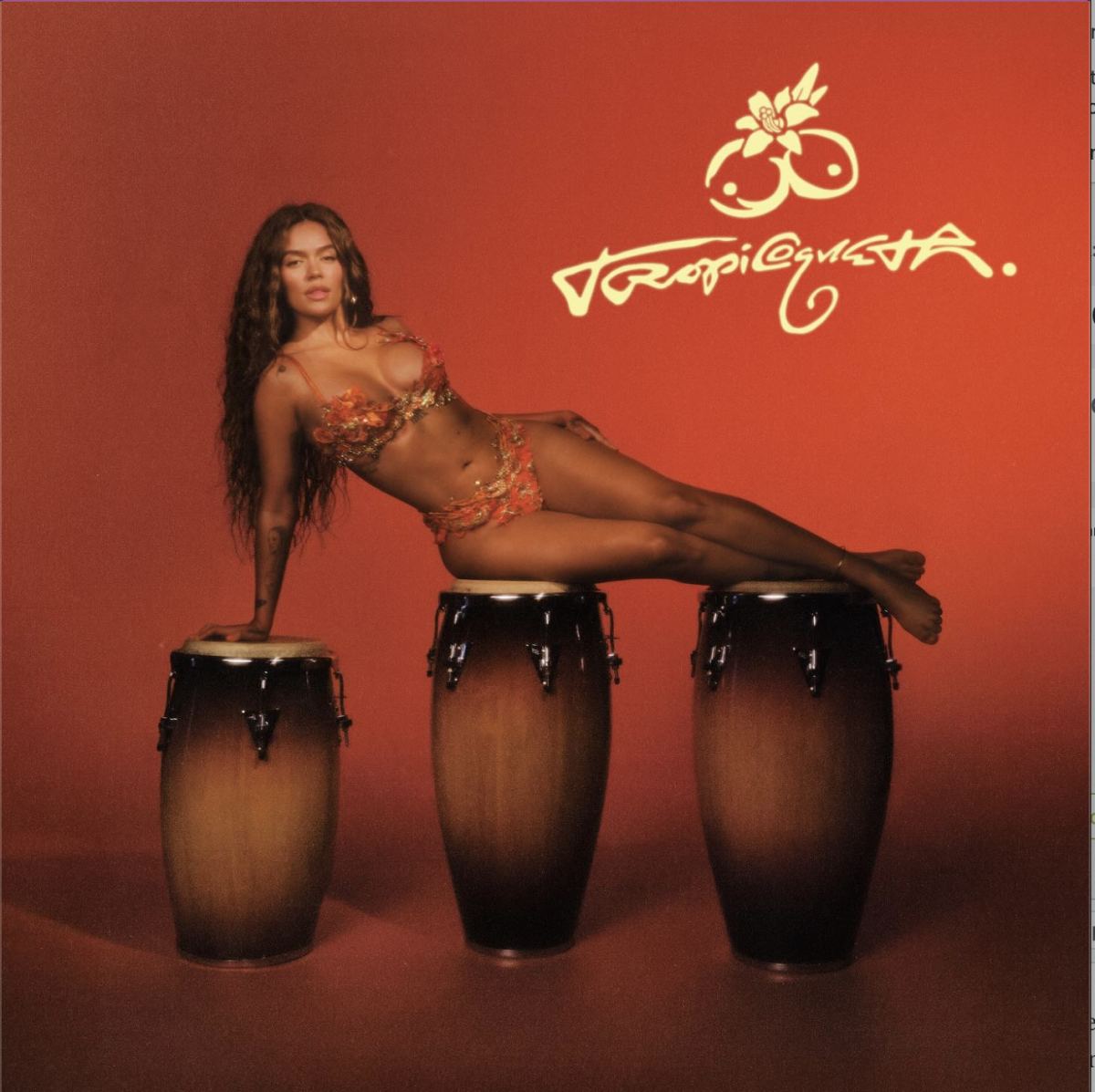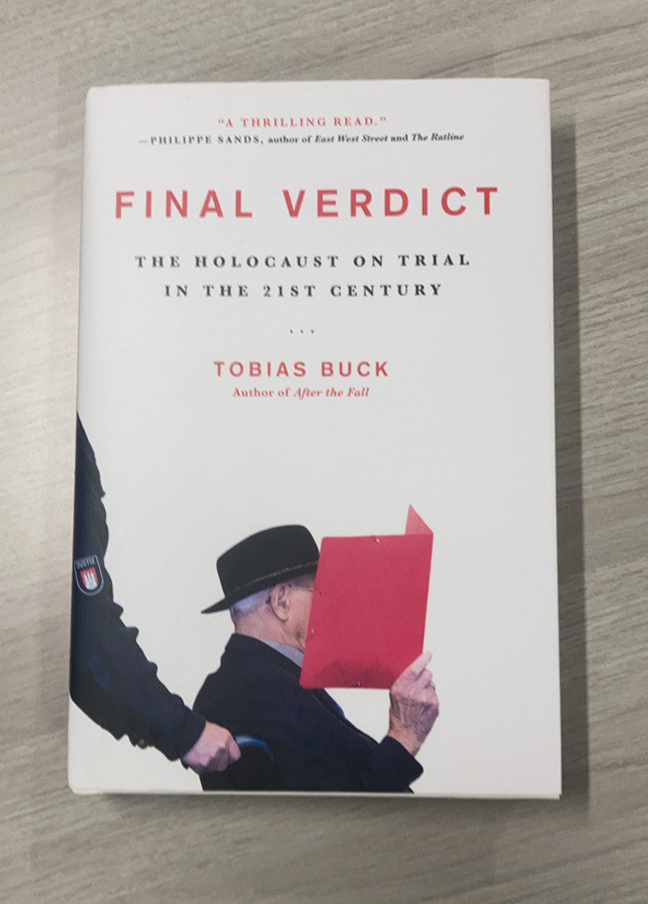On Oct. 9, The Rowan Center for the Study of the Holocaust, Genocide, and Human Rights hosted a book club at Rowan University’s Oak Hall. All majors were welcome to be included in a group book discussion. While this book club is centered around the subject of the Holocaust, this club encourages students to exchange ideas and share their own opinions in a very respectful manner.
The Rowan Center for the Study of the Holocaust, Genocide, and Human Rights advocates for research and teaching the instances of mass corruption, the causes of events, and the consequences following the Holocaust.
This discussion was held by Professor Jody Russell Manning, assistant teaching professor of Holocaust and Genocide education at Rowan University. Manning teaches Modern History with a focus on Holocaust and Genocide and provides his work on memory and memorials. He specifically chose the book “Final Verdict” by Jewish author Tobias Buck, as it centered around the theme of justice as the topic of choice for the book club.
Students and faculty members were able to explore the gripping narrative featured in the book. Buck’s compelling non-fiction book brings the story of Bruno Dey to light, a former nazi soldier who was criminally tried in 2019 over an incident that occurred nearly 75 years ago.
As for the book, the author leaves readers with many difficult questions when thinking about the 2019 trial. Some of these questions centered around why he was on trial for a crime committed so long ago. Also, how the theme of justice deals with this kind of act can be debated in the years following.
Emily Blanck, associate professor of history gave his opinions about the overall structure of the book.
“Something else, I really liked about the way that he wrote the book, as he is also putting his own life and his own experience as being a German,” said Blanck.
Abby Morris, a senior majoring in general education, presented her explanation of how the theme originates within the story as proposed by the book club.
“Justice to me is education, I’m reading this book through an educator’s lens about why am I reading this and how can I tell my students about this meaning,” Morris said.
Jessica Mack, co-director of Rowan’s Center for Digital Humanities Research gave her take on the book.
“It gives us a window into how Germany and the world approached these problems that have changed so much over the decades and how it still occurs today,” Mack said.
For comments/questions about this story DM us on Instagram @thewhitatrowan or email [email protected]

























































































































































!["Working with [Dr. Lynch] is always a learning experience for me. She is a treasure,” said Thomas. - Staff Writer / Kacie Scibilia](https://thewhitonline.com/wp-content/uploads/2025/04/choir-1-1200x694.jpg)









































